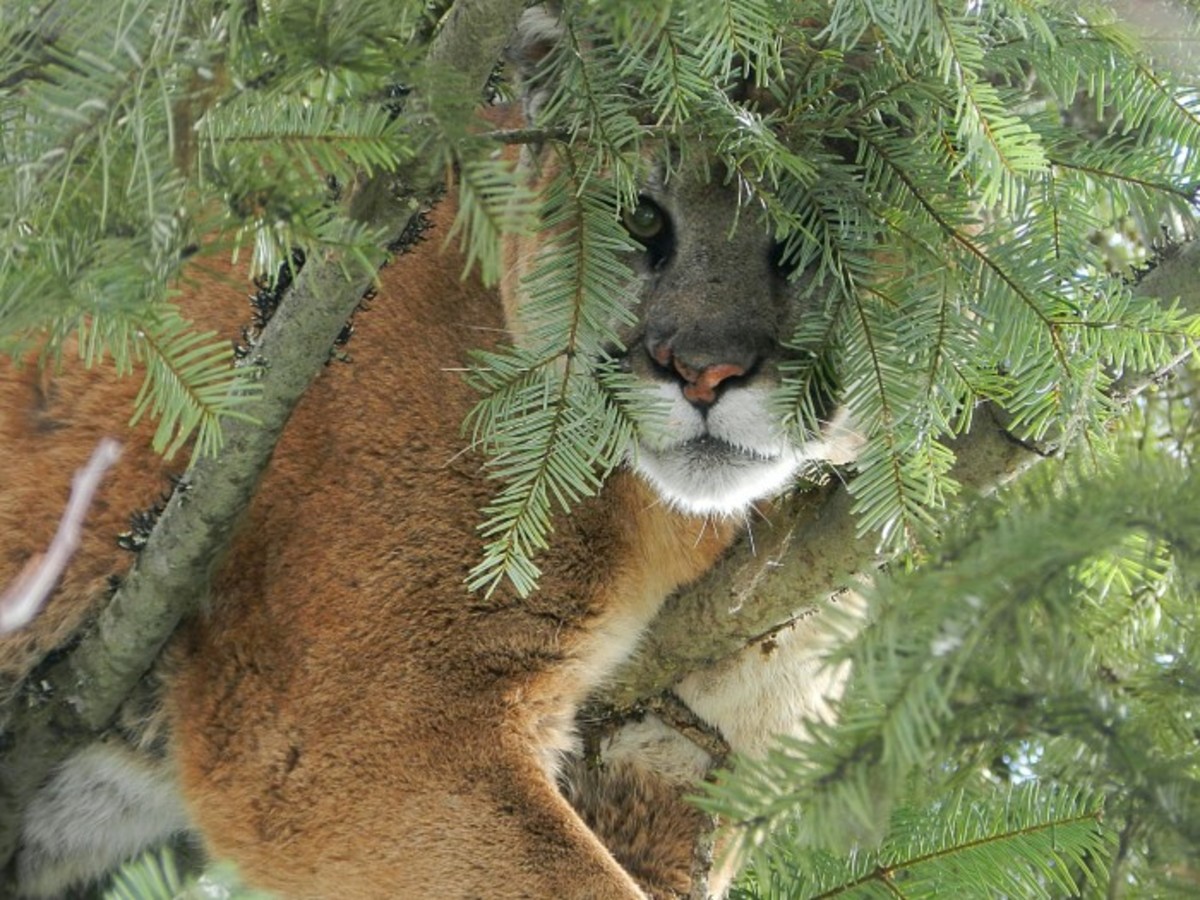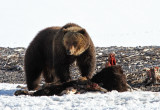The Rare and Random Nature of Fatal Cougar Attacks

A recent fatal cougar attack in Oregon is the second such incident to occur in the Pacific Northwest in the past four months. Thefirst attacktook place in Washington in May when a mountain lion stalked and repeatedly attacked two mountain bikers, eventually killing one of them. In themore recent case, a missing hiker’s body was found and it was determined the person was the victim of a cougar attack.
After two such attacks in a short period of time, it would be easy to jump to conclusions about the dangers mountain lions pose. If you are a hunter or fisherman who spends a lot of time in lion country, these incidents might seem to be a reason to be concerned. But the truth is that if you’re worried about becoming the victim of a mountain lion, you really shouldn’t be. The fatality in Washington state was the first deadly encounter with a mountain lion there in nearly one hundred years. And in Oregon, the victim is the state’s very first confirmed mountain lion fatality. Finally, in the United States and Canada combined, there’s been a total of only 25 people killed by mountain lions in the past one hundred and thirty years. That’s about one person every five years. With millions of people spending time outside in lion country, the odds of getting killed by one are infinitesimal to say the least.
However, with more and more people now living and recreating in close proximity to cougars, conflicts between humans and mountain lions are on the rise. In the past, zero tolerance management policies generally dictated that when a cougar found itself in any sort of trouble with people, the end result was almost always a dead lion. Nowadays, problem cougars are often hazed with hounds or darted and relocated rather than lethally removed. And cougars who live alongside people are generally left alone unless they pose a serious threat to humans. Social tolerance for the presence of cougars living near and among humans has increased and impacted management policies accordingly.
 To illustrate this point, the sign pictured here is posted at the entrance to the neighborhood where I currently live. When I lived in the town of Eagle, Colorado, on a couple of different occasions, we received reverse 911 calls from the city’s emergency dispatchers letting us know a lion was roaming around our neighborhood. While these types of educational tools and warnings are helpful and might prevent a conflict, whether they actually prevent fatal attacks is up in the air. And part of the message being sent is that people are expected tolerate the presence of cougars.
To illustrate this point, the sign pictured here is posted at the entrance to the neighborhood where I currently live. When I lived in the town of Eagle, Colorado, on a couple of different occasions, we received reverse 911 calls from the city’s emergency dispatchers letting us know a lion was roaming around our neighborhood. While these types of educational tools and warnings are helpful and might prevent a conflict, whether they actually prevent fatal attacks is up in the air. And part of the message being sent is that people are expected tolerate the presence of cougars.
So when a problem cougar takes a nap on someone’s porch, snatches a pet out of a back yard, or scares a hiker along a well-traveled trail, that animal often lives to do the same thing again. We’ve now come to a point where if we’re willing to tolerate more “soft encounters” such as these, then we need to be willing to accept the more unfortunate “hard encounters” such as those that happened recently in Washington and Oregon.
All of us at MeatEater love being in mountain lion country, and we love knowing that there’s a mysterious, beautiful animal out there that’s doing very well throughout much of its historic range.
So we’re not suggesting the answer to preventing fatal encounters is to summarily execute every cougar that comes into contact with domestic animals or humans. But perhaps we shouldn’t be so surprised when fatal attacks do happen. Although we can chalk these attacks up as rare and random flukes, we are talking about a large animal that kills for a living.In India, dozens of people are killed by tigers and leopards each year; it’s a familiar occurrence to people who live there. And as an apex predator that lives near millions of human beings in North America, it’s clear cougars will be continue to be responsible for the occasional and likely unpreventable tragedy.
Shop
Sign In or Create a Free Account
Related

Wildlife Management
Canadian Man Punches Cougar in the Face

Wildlife Management
Video: Mountain Lion Attacks Deer Decoy



